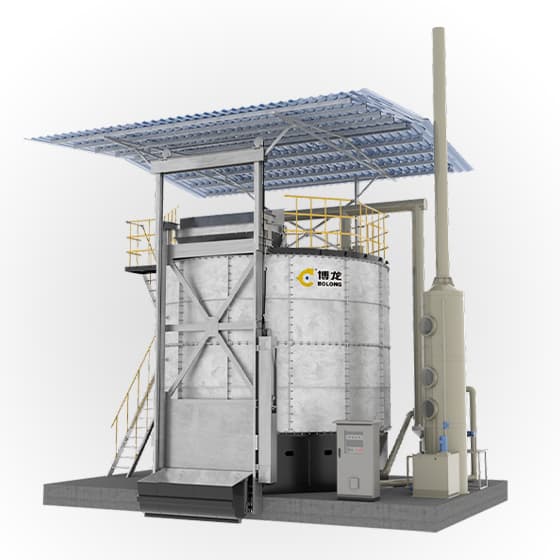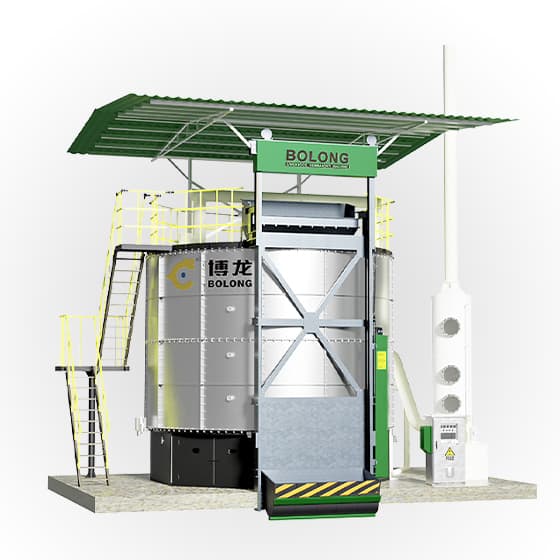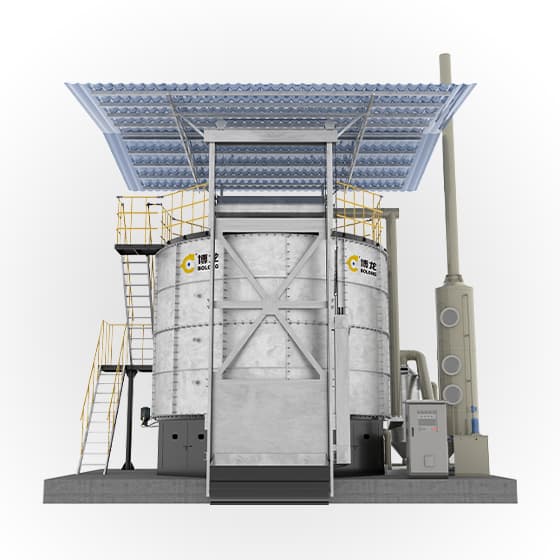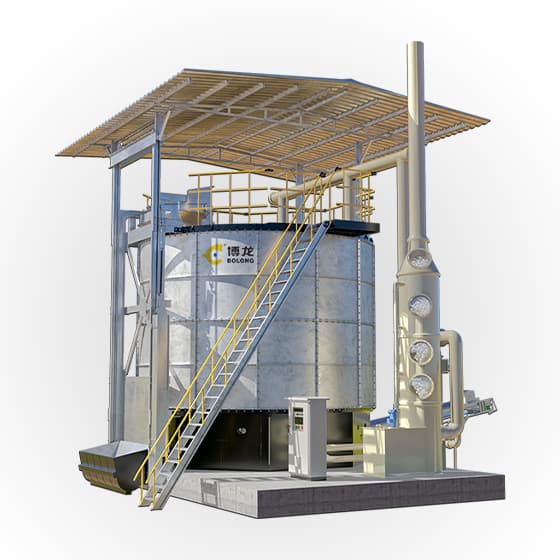Composting: An Alternative with Marked Potential for Organic
Co-composting fibre or carbohydrate-rich fractions with fractions that have, e.g. higher protein content is another way of improving the BSF larvae composting efficiency of these substrates (Isibika et al. 2021).
Decentralized In tank composting: an efficient technology for
2023/7/6/ · The increasing generation of biodegradable solid waste has generated significant interest in decentralized In tank composting as an alternative to centralized systems. An optimized waste decomposer microbial formulation, comprising Bacillus cereus C1 and Aspergillus niger P-19 selected for their ability to produce multiple carbohydrases, was
From waste to wealth: exploring modern composting innovations
2023/11/11/ · Researchers have started exploring beyond traditional composting to contemporary, sophisticated, and technically advanced composting systems to manage
Composting: A Sustainable Route for Processing of
2020/11/24/ · 3.1 Conventional Composting Techniques Windrow Composting In a windrow composting system, piles of waste are kept for the decomposition and aeration activity and are turned simultaneously. The turning of waste piles leads to the lowering of the temperature of
Composting Industrial Food Waste: and Benefits
2024/2/17/ · Supporting Local Agriculture: By providing local farmers with high-quality compost, industrial composting initiatives can support sustainable agriculture practices and strengthen local food systems. In conclusion, composting industrial food waste is a sustainable waste management strategy that offers significant environmental, economic, and social benefits.
17 Composting - Plus How to Choose the
Forced Aeration Composting - Engineered Compost
Industrial Compostable Vs. Home Compostable: A
2024/6/28/ · Industrial composting is a highly efficient process that involves several key stages: Collection and Sorting: Organic waste is gathered from various sources and sorted to remove non-compostable items, such as plastics and metals, ensuring that only suitable materials enter the composting system.
What is Industrial Composting?
Innovative Design and Realization of a Smart Rotary Composter
efficient and quickest means to treat organic waste, in this work we presented the design and realization of an automated machine that produces compost for 4 weeks with the reduction of 80% of the products per day in the city, in fact
Mastering the Art of Composting: A Comprehensive Guide to Efficient
The World Permaculture Association blog is a hub for sustainable living enthusiasts. It's where permaculture principles meet practice, offering readers in-depth articles, practical, and the latest in ecological design. Discover how to apply permaculture ethics in your community and contribute to a greener future. Join our movement to cultivate a resilient and ethical world.
Unearthing The Benefits Of Composting - Sustainable Jungle
2024/2/26/ · When we compost organic waste and add it to the soil, we store carbon. This is one of the most significant environmental benefits of composting. Composting improves the overall carbon cycle of the earth by sequestering carbon (even so far as to become a carbon sink if utilized on a larger agricultural scale) and managing overall atmospheric CO 2 concentrations.
What is Industrial Composting and Why is it Important?
2024/1/30/ · Industrial composting is the process of converting organic waste into a valuable resource, such as compost or biogas. It is a sustainable way to manage organic waste and can help to reduce greenhouse gas emissions. Learn more about industrial composting and how it can benefit your business.
The Ultimate Guide to Composting
Composting has a wide range of environmental and social benefits beyond waste reduction. In addition to the environmental impact like increasing water retention, and suppressing plant diseases, industrial scale compost operations can generate twice as many jobs as landfilling and seventeen times as many as incineration.
How Does Industrial Or Commercial Composting Work?
2023/6/8/ · Overview of Different in Industrial Composting Windrow Composting: Waste is piled in long, tall rows, watered, and turned periodically. In tank Composting: Waste is stored in a drum, concrete-lined tench, or silo where the surrounding environment can be
-

For fermentation of animal manure into organic fertilizer
Manure Fertilizer Fermentation Tank -11FFG-280 -

For fermentation of animal manure into organic fertilizer
Manure Fertilizer Fermentation Tank -11FFG-160 -

For fermentation of animal manure into organic fertilizer
Manure Fertilizer Fermentation Tank -11FFG-90 -

For fermentation of animal manure into organic fertilizer
Manure Fertilizer Fermentation Tank -11FFG-102